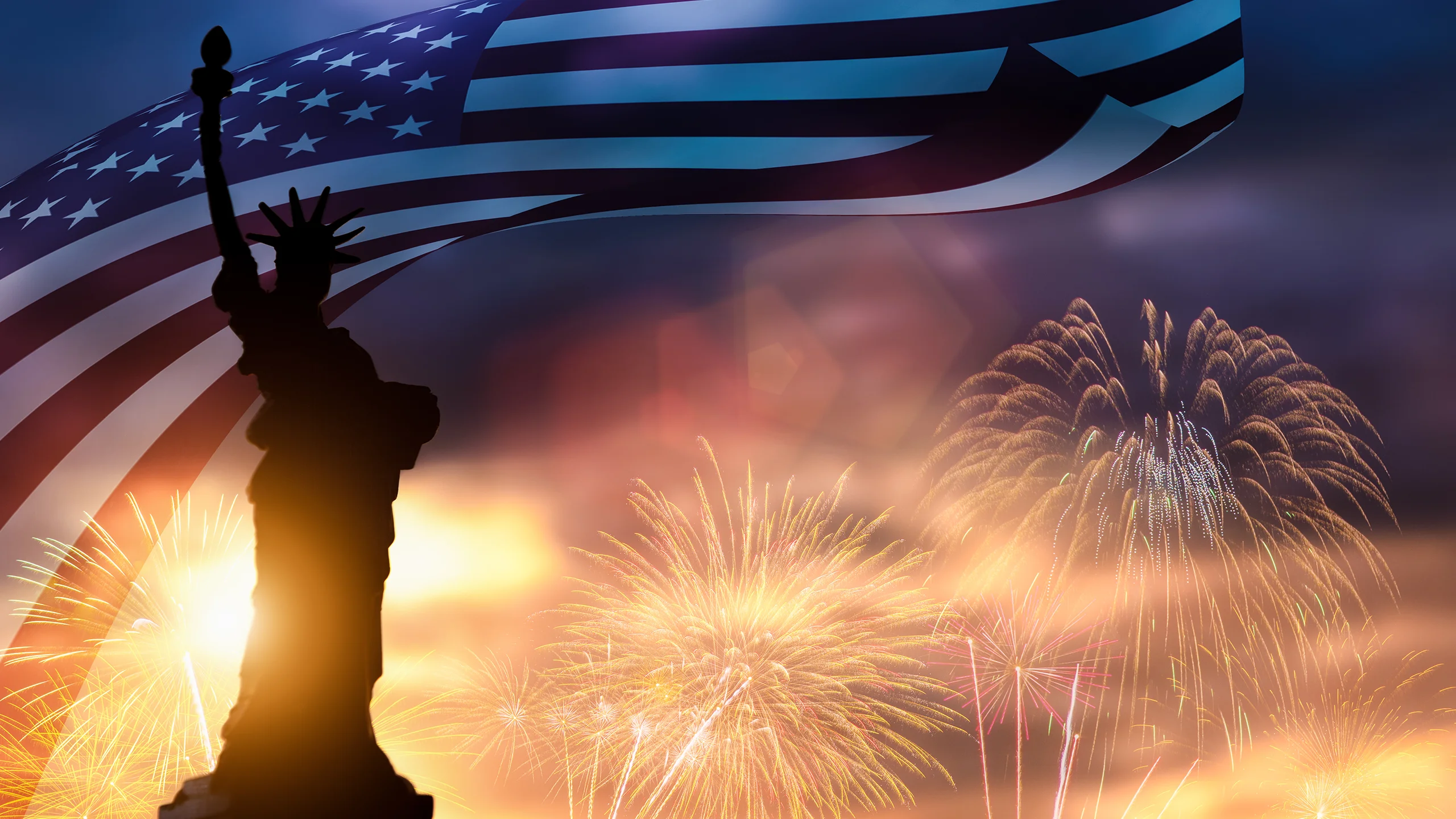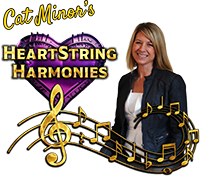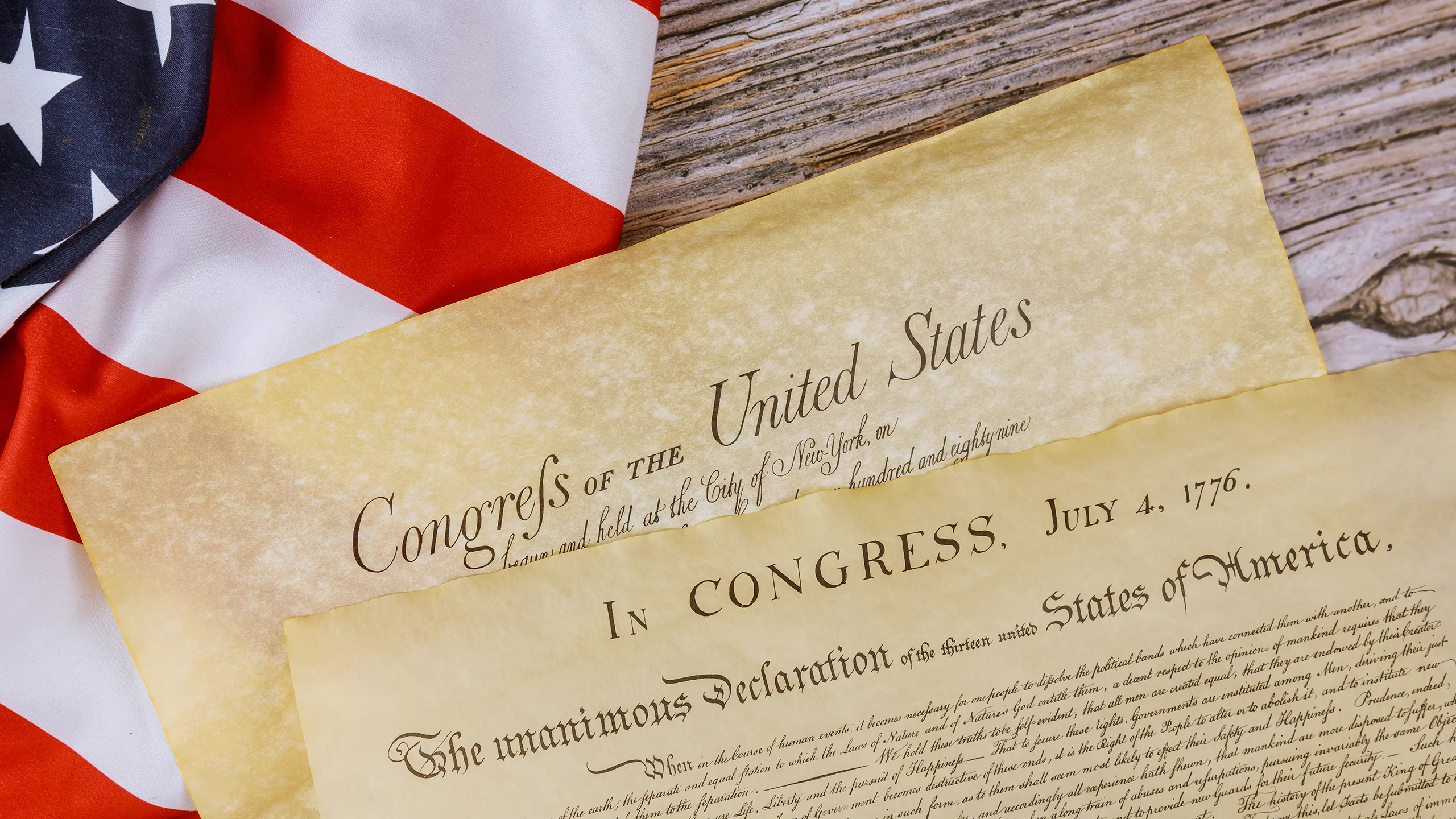Music has always been a powerful force in shaping culture, uniting communities, and expressing collective sentiments. In the history of the United States, music has played an integral role in celebrating Independence Day, July 4th. From the infant stages of the American Revolution to the modern-day festivities, melodies and anthems have served as both a reflection of the nation’s journey and a unifying thread that ties generations together.
The Soundtrack

The Revolutionary Soundtrack During the American Revolution, music was a vital tool for communication and morale-boosting. Songs like “Yankee Doodle,” which originally began as a British mockery of American troops, were reclaimed by the revolutionaries and turned into an anthem of defiance and unity. The lyrics evolved over time, incorporating themes of patriotism and resilience that resonated with the colonial fighters. Military bands and fife-and-drum corps were common, using music to coordinate movements and boost the spirits of soldiers. The tunes they played were not only functional but also symbolic, reinforcing the resolve of those fighting for independence. The rhythm of these early American marches can still be felt in the drumlines of modern July 4th parades.
The National Anthem

The Birth of a National Anthem the War of 1812 gave birth to what would become the most iconic piece of American patriotic music: “The Star-Spangled Banner.” Penned by Francis Scott Key during the Battle of Fort McHenry, the song’s powerful imagery and emotional depth captured the resilient spirit of the fledgling nation. It was officially designated as the national anthem in 1931, and its performance is now a staple of July 4th celebrations across the country. The anthem’s verses recount the trials and triumphs of the American struggle for independence, serving as a reminder of the sacrifices made and the enduring hope for freedom. Its solemn yet triumphant melody evokes a sense of pride and reverence, making it a central feature of Independence Day ceremonies and events.
Patriotic Tunes
The Role of Patriotic Songs Beyond the national anthem, numerous patriotic songs have become synonymous with July 4th. “America the Beautiful,” with its evocative imagery of the country’s landscapes and ideals, and “God Bless America,” which gained prominence during both World Wars, reflect the nation’s values and aspirations. During the Civil War, songs like “Battle Hymn of the Republic” and “Dixie” illustrated the divided loyalties and contrasting visions of the nation. Post-war, these songs, along with newer compositions, contributed to a sense of national healing and unity.
Celebrations and Traditions

As the United States grew and prospered, music remained a cornerstone of Independence Day festivities. Community bands, orchestras, and choirs perform in town squares, parks, and public venues, bringing people together through shared musical experiences. The Boston Pops Orchestra’s annual Fourth of July concert is a prime example, blending classical and patriotic music in a grand display that culminates in a spectacular fireworks show. Modern Independence Day celebrations feature a diverse array of musical genres, reflecting the multicultural tapestry of America. From country and rock to jazz and hip-hop, the music played on July 4th captures the evolving identity of the nation while honoring its historical roots.
Conclusion
Music’s impact on the history of July 4th is profound and multifaceted. It has been a means of rallying troops, expressing patriotic fervor, and celebrating freedom. As Americans gather each year to commemorate their independence, the songs and anthems that fill the air serve as both a reminder of the past and an inspiration for the future. The harmonious legacy of music on Independence Day underscores the enduring power of melody to unite, uplift, and define a nation.
If you would like to learn more about crafting songs to remember, click the link below to be taken to another article that talks about exactly that!
Music and Memory: Crafting Songs to Remember – HeartString Harmonies




Leave A Comment